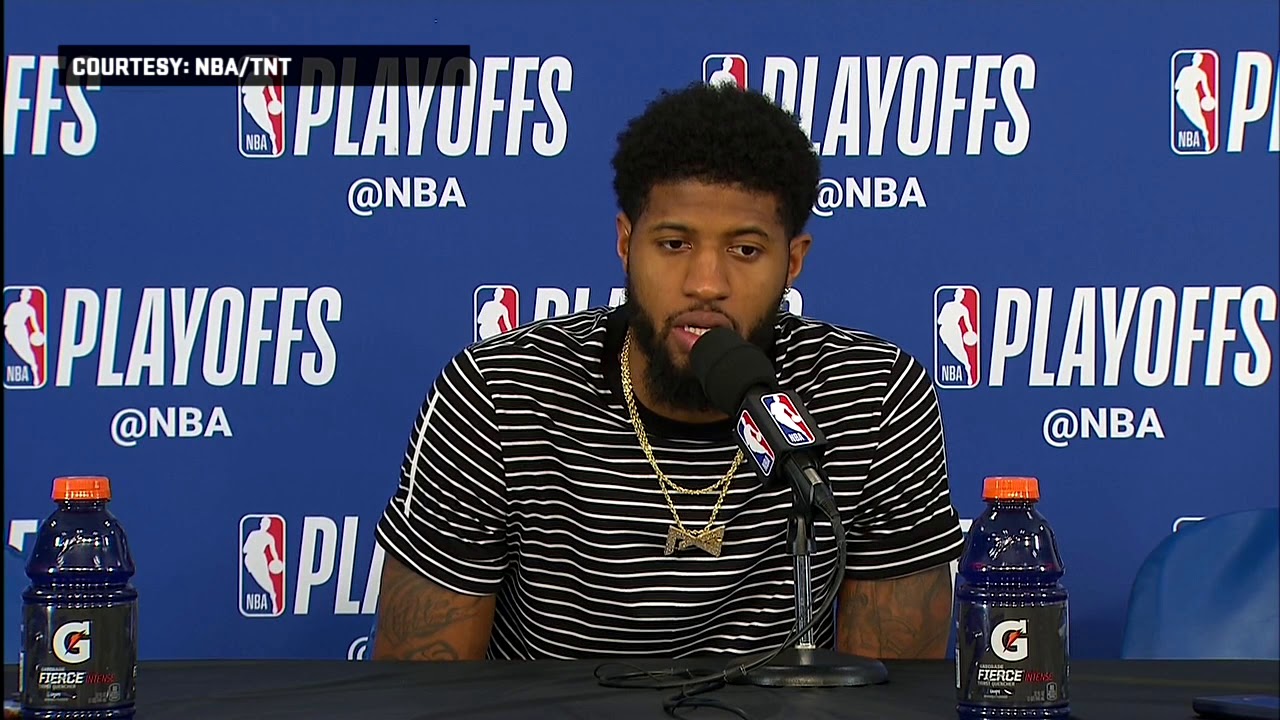2020 has been tough on people’s mental health. Not only does the ongoing pandemic present a physical health threat, but the strict social distancing measures it’s precipitated have starved us of human contact, exacerbating our woes.
A trend that’s seen growing momentum, particularly in 2020 where mental health has become such a priority, is professional athletes being more open about their mental health. For better or for worse, athletes are role models – so to see some of the biggest names in world sports; some of the most physically fit and successful human beings alive, share their challenges with mental health, is an incredible source of inspiration and relief.
Earlier this week for World Mental Health Day, NBA-focused Instagram blog Playmaker shared a collection of quotes from a variety of different male athletes – from NBA superstars to even Dwayne ‘The Rock’ Johnson and Michael Phelps (the most decorated Olympian of all time) – all of whom have struggled with their mental health, even while being at the pointy end of human performance.
View this post on Instagram
Quotes included, “I remember sitting in my room for days not wanting to be alive. That was a struggle for me. I reached the point where I finally realized I couldn’t do it alone,” (Michael Phelps).
“I underestimated mental health. I had anxiety, a little bit of depression, from being locked in the bubble. I just wasn’t here, I was checked out. Games 2,3,4, I wasn’t there,” (Paul George).
“If mental health can bring somebody as big and strong as me to my knees, then it can bring anybody to their knees,” (Tyson Fury).
While The Bat Kiss has affected some countries more than others – we can’t help but be envious of our neighbours across the Tasman in New Zealand, for example – this catastrophe has touched all of us, including the rich and famous: just because celebrities make a lot of money doesn’t make them immune to mental health concerns.
Of course, there were some skeptical comments: “Lmao imagine being rich and acting like your life is hard, like you couldn’t just buy whatever you want whenever you want”. Los Angeles Clippers small forward Paul George was a particular focus of ire, with dozens of comments calling him “Pandemic P” and jokes like “lol paul george still makin excuses💀💀”.
Yet just as many commenters were grateful for the mental health inspiration, and took umbrage at other’s skepticism.
“People think just because they make millions doesn’t mean they can’t have mental issues,” one fan adroitly related.
Another athlete who’s notably fought the stigma of talking about mental health has been former NRL great Anthony Minichiello, who recently launched a mental health initiative called ‘Planking for Positivity‘ and shared exclusively with DMARGE tips on how to broach the subject with others.
While there’s still a way to go in how we talk about men’s mental health (and mental health generally), these superathlete revelations are a positive sign.
